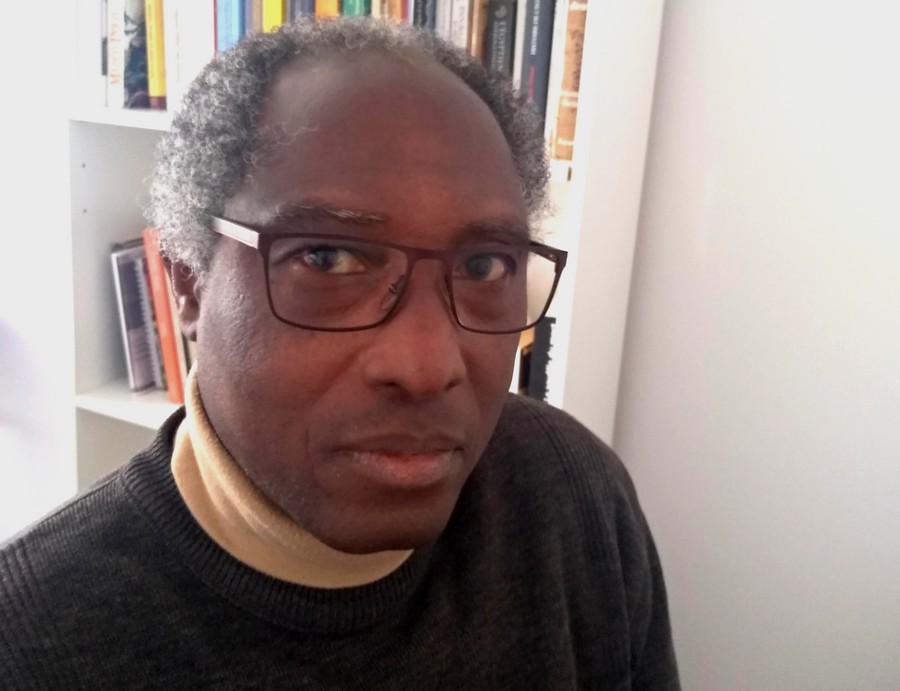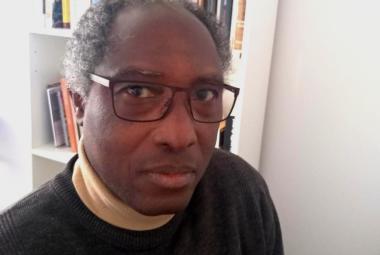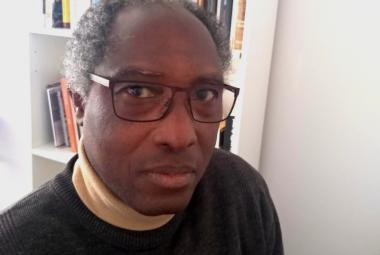The Economic Community of West African States (ECOWAS) needs to reinvent itself. For the citizens of the member countries who expect very different things from their regional institution than the one that has fizzled out, this is obvious and a necessity. Because many decades after its creation, ECOWAS is having a hard time finding its bearings to move forward in the realization of its ideals and for the good of the populations of its member countries. And to do this, it is imperative to review both the institutions that make it up and its operating mechanisms.
ECOWAS, which was essentially intended to be an economic institution at the start, has unfortunately been overtaken by the more political than sociological inertia of its member countries. To the point that, even well oiled, it could only seize up over the years of operation marked more by an almost immobility. To ultimately become a machine to train more squeaks in the adoption and implementation of the measures inherent in its operation than good bearings.
One of the major problems of this institution remains its inability to transcend the desiderata of the rulers of the states that compose it at each period of its life. However, it must be recognized that the Heads of State and Government of the member countries cannot continue to be above the institutions of ECOWAS so that things work normally for the best of the nationals of the member countries.
On April 29, 2021, the Economic Community of West African States (ECOWAS) issued a decision in which it declared: "The Court decides that the political formations and citizens of Senegal who cannot present themselves to the elections due to the modification of the electoral law [in 2018] must be restored to their rights by abolishing the sponsorship system, which constitutes a real obstacle to the freedom and secrecy of the exercise of the right to vote, to on the one hand, and a serious infringement of the right to participate in elections as a candidate, on the other hand." And this statement also came, the day after the presidential election of April 11, 2021 in Benin Republic, which had de facto excluded all opposition candidates because of sponsorship under the same conditions as in Senegal. Should it be emphasized that the Liberal Social Union (Union sociale libérale - USL) had not had a follow-up to its referral to the ECOWAS Court of Justice in emergency proceedings a few weeks before the presidential election which had allowed President Macky Sall to be re-elected in the first round with more than 58% of the vote in 2019, like President Patrice Talon in 2021.
Today, faced with the deleterious socio-political context in Senegal in view of the Presidential election of 2024 and other similar situations to come in many other countries, what weight and strength can citizens still give to their regional institution if it is only there to content itself with a few declarations of principles? Which are never acted upon.
In the reformed ECOWAS that the majority of the citizens of the community are now calling for, there can be no place for regimes that do not emanate from the sovereignty of the peoples. And even more, there can be no place for military powers resulting from coups d'Etat. Any power that does not obey the fundamental principles of Democracy, whatever it is, cannot be an alternative to a civil, democratically elected regime.
To embody a new image and a new dynamic more in tune with the socio-political realities of the moment and the expectations of the nationals of its member countries, ECOWAS is condemned to change in depth. This transformation, it needs more for its Institutions to be stronger and more demanding. Even Supranational! But it can no longer afford the luxury of continuing to be unable to enforce even the fact of putting the ECOWAS flag alongside that of each member country in front of official buildings. If not, then it would be even more so when it comes to playing the police to ensure that everyone – including heads of state and government – respects the principles of the rule of law and Democracy in force in each of its member countries. Which is a shame for a regional institution that could have served as a model on the continental chessboard. However, it is also not a question of throwing the child out with the bathwater, as a certain opinion tends to do, even if it is important to criticize what is wrong. Let those who no longer want ECOWAS, for ulterior motives, simply leave it and let those who want to reform it deal with it properly in the name of the best interests of the community. It has had its ups and downs, but more downs than ups, one might say, at the time of the course review. However, you have to know how to keep reason and work to make it even better.
By Marcus Boni Teiga

















